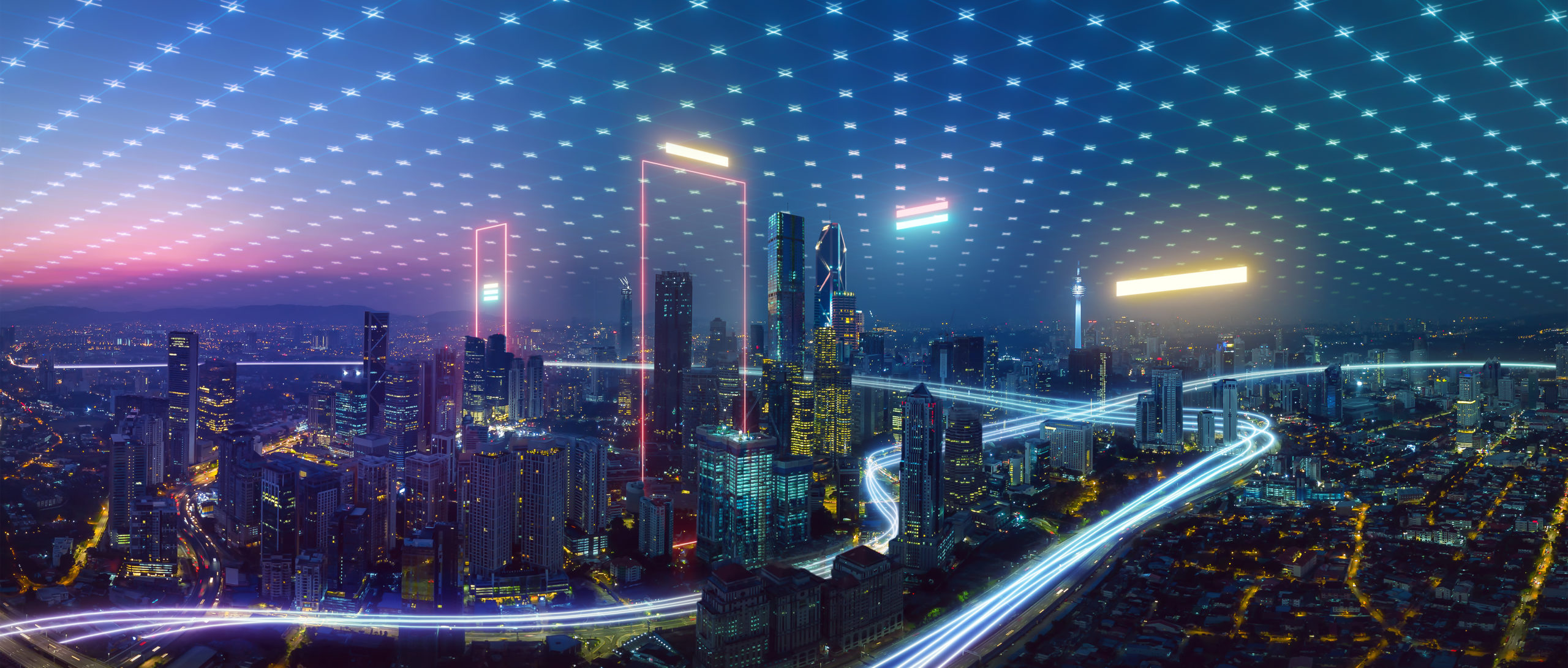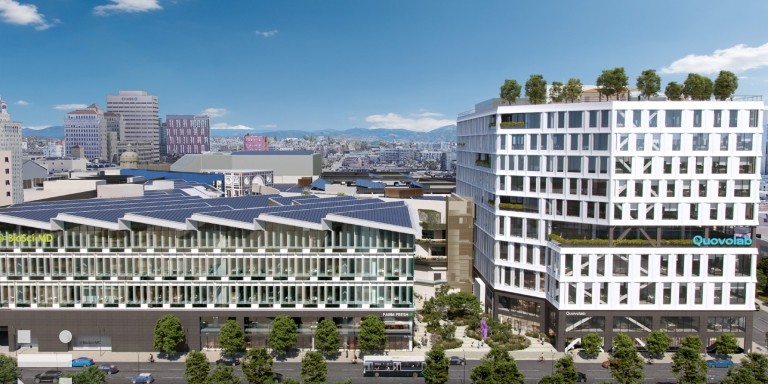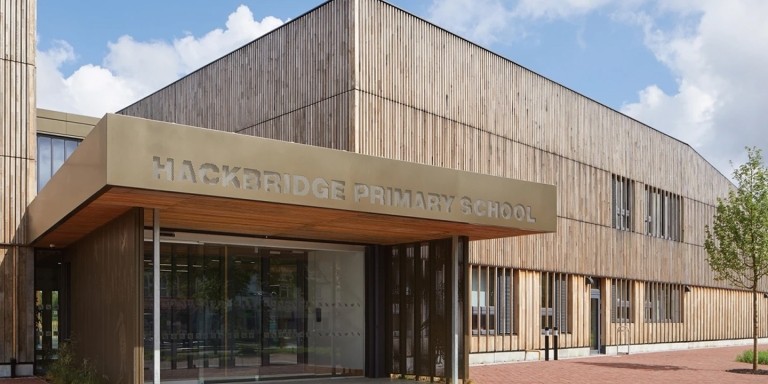Why Businesses Need to Start Taking Smart Building Security Seriously

Quick Insights:
-
The increased prevalence of smart office buildings presents a unique security concern.
-
Businesses need to look at physical security as another branch of cybersecurity in order to mitigate risk.
-
At Introba (formerly Ross & Baruzzini), we take a holistic approach to security to ensure maximum protection.
In October 2021, Meta (formerly Facebook) was down for five hours, causing an upset among both the public and the company’s employees. When everything went down, access badges also stopped working. This left Meta employees locked out of their own office buildings.
Clearly, even tech giants such as Meta must deal with the unexpected, and employees weren’t ready for the outage to affect their day-to-day tasks. Although this incident was the result of a simple error, it highlights a pressing problem that most companies continue to overlook: the safety and security of their own office buildings.
The Convergence of Physical Security and Cybersecurity
Smart office buildings provide huge boosts to convenience and flexibility for employees and management. However, each new smart element comes with vulnerabilities that need to be considered. Connected HVAC units, smart security cameras, remotely managed access controls, and other tech create potential entry points that bad actors can exploit.
This is more than a theoretical risk. In 2016, network-connected cameras and network video recorders were used to take down several important internet sites and platforms, such as Netflix, Google, Spotify, and Twitter. More recently, a security flaw in Cisco’s Discovery Protocol was uncovered last year that affected not only routers but also desk phones and webcams. In both instances, the devices were dangerous because they could be used to infect or take down entire networks.
There’s a lack of cohesiveness when it comes to security as a whole, creating vulnerabilities that put smart office buildings at risk. For example, a computer with important data might be protected from cybersecurity attacks. But if the server room the computer is connected to isn’t physically secure, the computer becomes vulnerable.
As offices become smarter and more open, businesses’ security challenges are only going to increase. It’s time for companies to take the security of their physical buildings as seriously as they take the security of their networks. Installation teams rarely double as maintenance teams, and most IT departments aren’t trained in operational technology. Unless companies create dedicated teams or partner with an organization that takes a holistic approach to security (such as Ross & Baruzzini), they might be at risk.
Navigating Modern Challenges to Cybersecurity
The convergence of physical security and cybersecurity has ramifications for a variety of industries. For example, in national defense, the building’s weapon security is as important as safeguarding the weapons. But even in more mundane environments, there are new vulnerabilities that have to be addressed.
Many of today’s workspaces are much more flexible than the traditional cubicle layout. Employees are able to work anywhere on campus, moving freely from desk to desk and building to building. Co-working businesses take this flexibility to an even greater extreme, offering spaces all over the world to virtually anyone willing to pay for them. It’s hugely convenient and can be a great boon to productivity, but it also has the potential to be a security nightmare.
For example, to increase the convenience of these types of working environments, many organizations will offer blanket access to anyone with a badge. This means a Seattle-based remote worker can visit a San Francisco co-working space without any security checkpoints or safeguards. Not only does this call for an increase in physical security safeguards, but it also creates a number of potential challenges to cybersecurity that IT departments often overlook.
To properly address the unique needs of building security, companies should bring in a consulting firm with expertise in cybersecurity and building operations. Our company brings a wealth of experience across markets. Not only do we have dedicated teams of cybersecurity experts and physical security experts, but we’re also part of a much larger organization filled with OT experts. Our ability to handle every aspect of security in-house is a competitive differentiator.
Building security should no longer be viewed as separate from cybersecurity. After all, smart office buildings will only become more common. Businesses need to get serious about safety if they don’t want to find themselves dealing with a preventable security breach down the road. To learn more about Ross & Baruzzini’s approach to security, contact the team today.
Related News
-
Mar 29, 2024
An Urban Renewal Blueprint: Transforming Horton Plaza
Insights & Perspectives -
Mar 29, 2024
Hackbridge Primary School: Lessons Learned from Post-Occupancy Evaluation
Insights & Perspectives -
Mar 19, 2024
Johns Hopkins University Decarbonization Roadmap Sets Standards for Education Campuses to Follow
Insights & Perspectives


